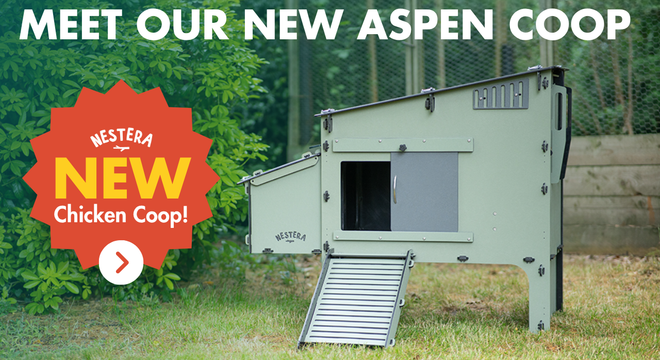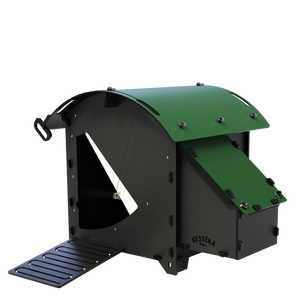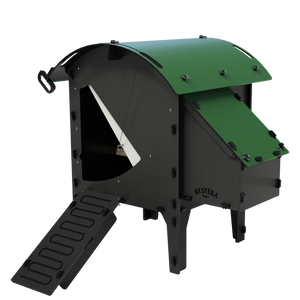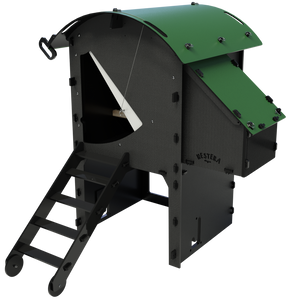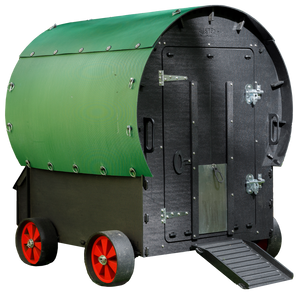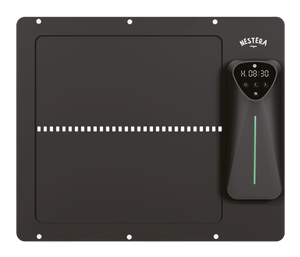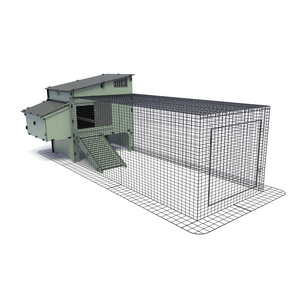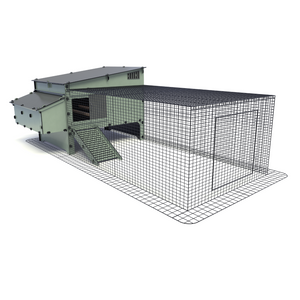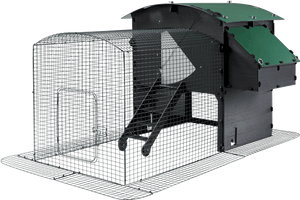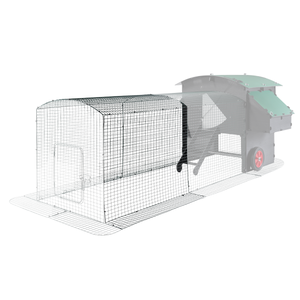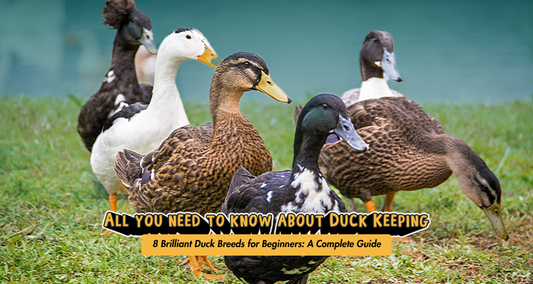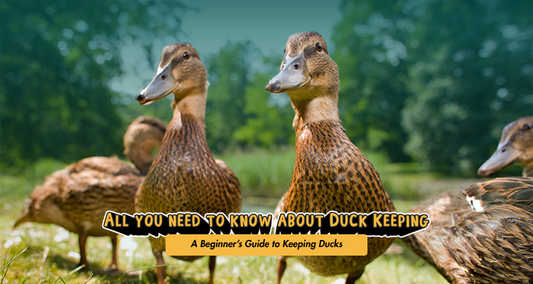Animal welfare is at the very core of everything we do at Nestera. Our advice and support is built around the framework of the 'Five Freedoms of Animals' - this blog will explain why…
In 1962, Rachel Carson, an American marine biologist and conservationist published Silent Spring. It highlighted the adverse effects humankind has on the environment through the use of pesticides. It caused a revolution in the US and her book became the catalyst for the launch of the Environmental Movement.
Two years later in 1964, Ruth Harrison, a British animal activist and journalist wrote Animal Machines. Her book described intensive livestock and poultry farming practices of the time. Rachel Carson wrote the foreword for Ruth’s book and Animal Machines was an instant success.
One famous quote sums up Ruth’s message: “In fact, if one person is unkind to an animal it is considered to be cruelty, but where a lot of people are unkind to animals, especially in the name of commerce, the cruelty is condoned and once large sums of money are at stake, will be defended to the last by otherwise intelligent people.”
The outcry of the British public regarding Animal Machines prompted the British government to appoint a committee to investigate the welfare of farm animals. In 1965, the committee, chaired by Professor Roger Brambell, presented an 85-page document known as The Brambell Report.
As a result of the report, the Farm Animal Welfare Advisory Committee was created to monitor the livestock production sector. In July 1979, this was replaced by the Farm Animal Welfare Council, and by the end of that year, the Five Freedoms had been organised into the format you see today:
1. Freedom from Hunger and Thirst
By ready access to fresh water and diet to maintain health and vigour.
2. Freedom from Discomfort
By providing an appropriate environment including shelter and a comfortable resting
area.
3. Freedom from Pain, Injury or Disease
By prevention or rapid diagnosis and treatment.
4. Freedom to Express Normal Behaviour
By providing sufficient space, proper facilities and company of the animal’s own kind.
5. Freedom from Fear and Distress
By ensuring conditions and treatment which avoid mental suffering.
The Five Freedoms have been adopted by organisations, including the World Organisation for Animal Health, the Royal Society for the Prevention of Cruelty to Animals, and the American Society for the Prevention of Cruelty to Animals.
With animal welfare at the heart of what we do, every Nestera coop is created for the comfort, wellbeing and happiness of your flock. Explore our range of intelligently-designed, easy-clean, recycled plastic chicken coops here.
This blog, and most of our social media posts, are written by Libby, Nestera’s Head of Chicken Welfare.
